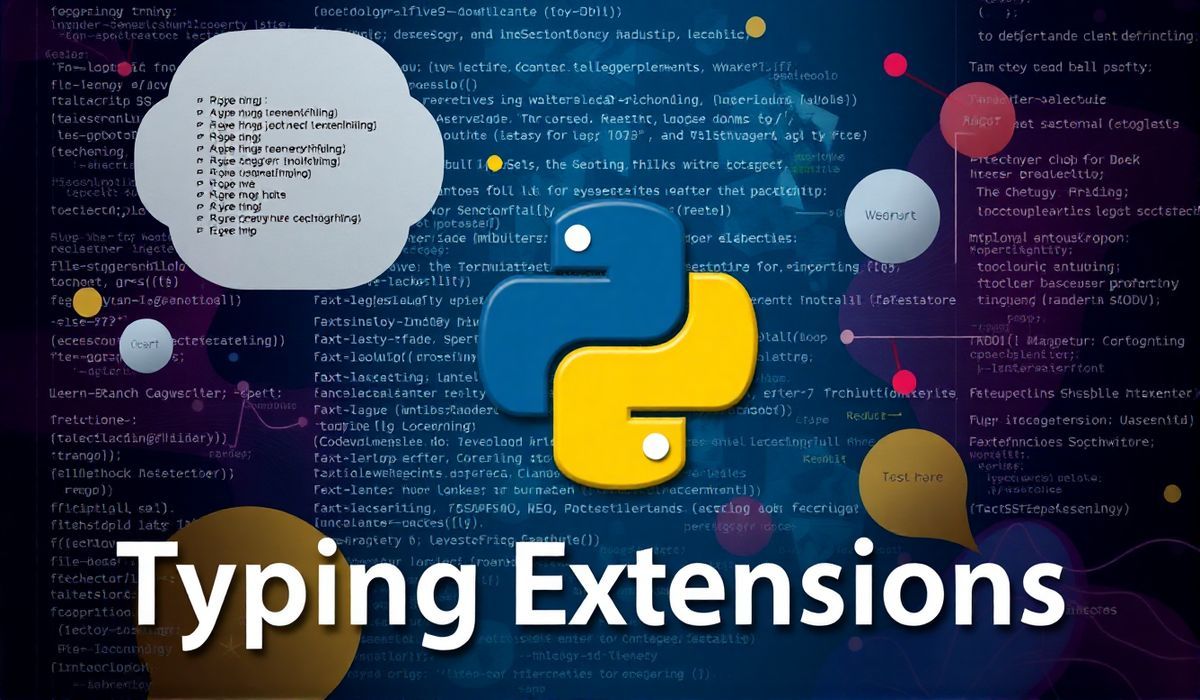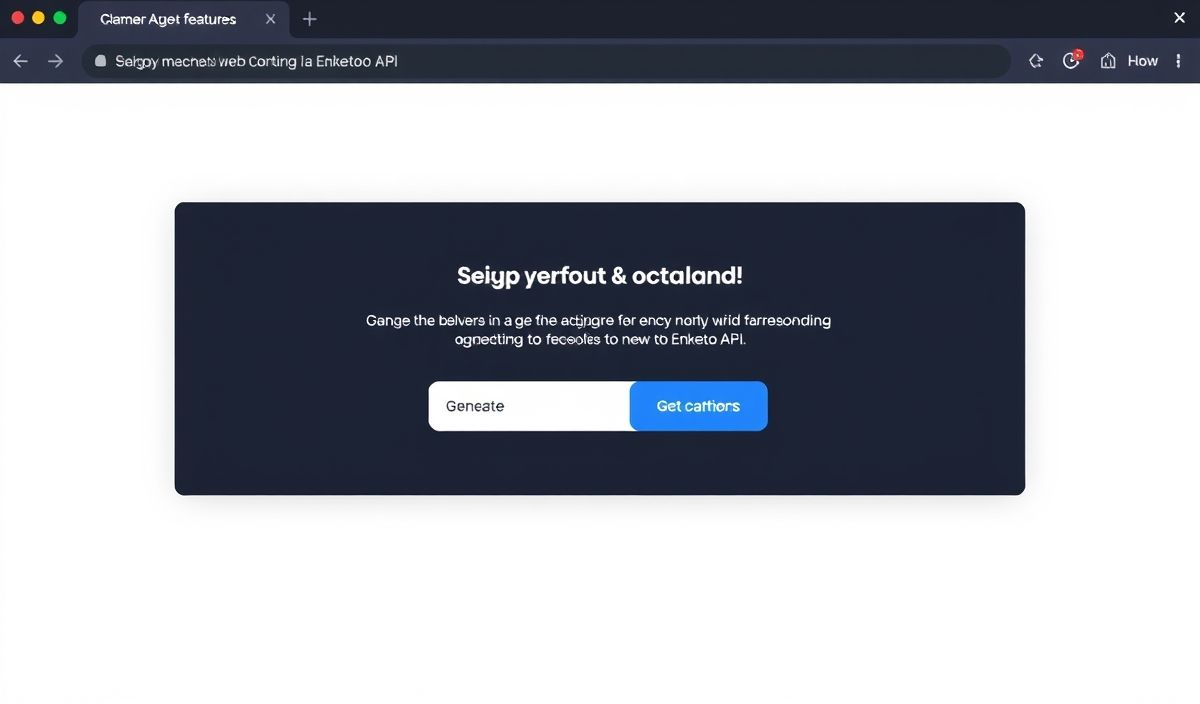Typing-Extensions: Unlocking Advanced Typing Features in Python
As Python developers continually push the boundaries of what is possible with type hinting, typing-extensions has emerged as an indispensable library. By offering backports and experimental type hints not available in the standard Python typing module, typing-extensions helps developers write cleaner, safer, and more expressive code.
Why Typing-Extensions Matters
The standard Python typing module provides a vast array of tools for type hinting, but it can lag behind recent Python Enhancement Proposal (PEP) updates and doesn’t always support older Python versions. Here’s where typing-extensions comes in. It provides developers access to new features defined in PEPs while maintaining backward compatibility with earlier Python versions.
Key Features with Examples
Below are some of the notable APIs provided by typing-extensions along with practical examples:
1. Literal
The Literal type allows you to specify that a variable or function argument should take on specific literal values.
from typing_extensions import Literal
def set_status(status: Literal["online", "offline", "away"]) -> None:
print(f"Status set to {status}")
set_status("online") # ✅ Valid
set_status("busy") # ❌ Invalid, will raise a type-checking error
2. TypedDict
TypedDict allows you to define dictionaries with a predefined set of keys and value types, improving code clarity and safety.
from typing_extensions import TypedDict
class User(TypedDict):
id: int
name: str
email: str
user: User = {"id": 1, "name": "Alice", "email": "alice@example.com"}
3. Final
Final can be used to declare that a variable or method is immutable and should not be overridden.
from typing_extensions import Final PI: Final[float] = 3.14159 PI = 3.14 # ❌ Illegal, reassignment is not allowed
4. Protocol
Protocol defines structural subtyping (duck typing) for methods and attributes a class must implement.
from typing_extensions import Protocol
class SupportsAddition(Protocol):
def __add__(self, other: int) -> int:
pass
class Adder:
def __add__(self, other: int) -> int:
return other + 1
assert isinstance(Adder(), SupportsAddition) # ✅ Valid
5. Annotated
Annotated allows adding metadata to types, which can be useful for validation or documentation.
from typing_extensions import Annotated
PositiveInt = Annotated[int, "This number must be greater than zero"]
def process_number(num: PositiveInt) -> None:
if num <= 0:
raise ValueError("Number must be positive")
print(f"Processing number: {num}")
process_number(10) # ✅ Valid
Building an App with Typing-Extensions
Let’s create a mini example app to see how these APIs work together. We’ll build a user management system.
from typing_extensions import Literal, TypedDict, Final, Protocol
# Define user types
class User(TypedDict):
id: int
name: str
role: Literal["admin", "user"]
class CanAuthenticate(Protocol):
def authenticate(self) -> bool:
pass
# User service with protocol
class AuthService:
def __init__(self, user: User):
self.user = user
def authenticate(self) -> bool:
print(f"Authenticating {self.user['name']}...")
return self.user["role"] == "admin"
# App constants
MAX_USERS: Final[int] = 100
# Example usage
user1: User = {"id": 1, "name": "Alice", "role": "admin"}
user2: User = {"id": 2, "name": "Bob", "role": "user"}
auth_service = AuthService(user1)
print(auth_service.authenticate()) # ✅ Outputs True
auth_service = AuthService(user2)
print(auth_service.authenticate()) # ✅ Outputs False
Conclusion
The typing-extensions library is a game-changer for Python developers, promoting better type safety and clarity. Whether you’re working with backward compatibility or adopting new type hinting features early, this library is a must-have in your toolkit.
Start exploring typing-extensions today and elevate your Python development to the next level!




